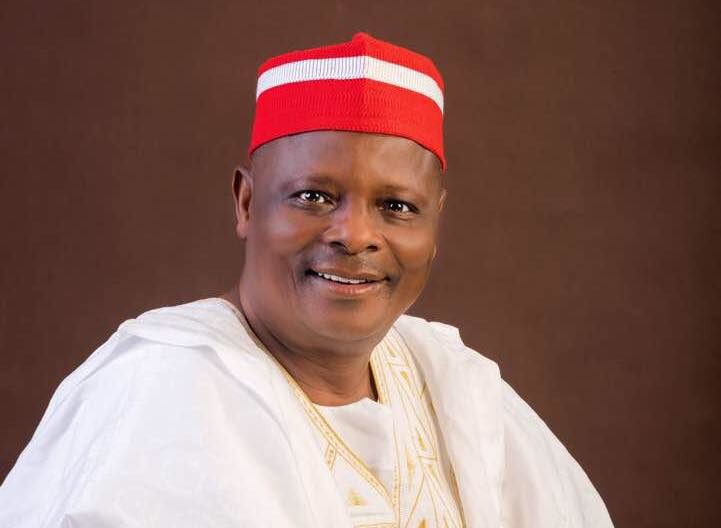The All Progressives Congress (APC) in Kano State has expressed its openness to the potential defection of Senator Rabiu Kwankwaso, viewing it as a positive development. Alhaji Abdullahi Abbas, the state chairman of the APC, conveyed this sentiment during a press conference, highlighting the party’s ongoing efforts to welcome members from other political parties as part of its “Renewed Hope Agenda.” He characterized the APC as Kwankwaso’s “last political refuge,” suggesting the senator has damaged his relationships with other political groups in the country. While emphasizing the party’s commitment to inclusivity and the constitutional right of individuals to choose their political affiliations, Abbas outlined the APC’s position on Kwankwaso’s potential entry.
The Kano APC has initiated preparations for Kwankwaso’s potential arrival, instructing its ward chapters to open registration for new members, regardless of their political background or social standing. This move aligns with the party’s constitution, which promotes open membership. Abbas assured existing elected officials at all levels – ward, local government, senatorial, and state – that their positions and tenures remain secure, as defined by the party’s constitution. He emphasized that both existing members and new entrants will have equal opportunities to participate in party activities and seek elected positions, adhering to the principles of democratic participation and internal competition.
The APC acknowledges the interest of various individuals in joining its ranks, particularly those who may have experienced political setbacks. Abbas alluded to some potential defectors seeking political rehabilitation within the APC, describing them as “political lepers” seeking relevance. However, the party firmly rejects any association with cult-like political groupings and insists on maintaining a culture of respect and ethical conduct. This stance reflects the APC’s commitment to responsible political engagement and its rejection of divisive or harmful practices.
A key condition for Kwankwaso’s entry, and indeed for any individual who has previously criticized the APC leadership, is a public apology. Abbas specifically called on prospective defectors who have made derogatory remarks about President Bola Tinubu and Vice President Kashim Shettima to express remorse and demonstrate respect. This requirement underscores the APC’s expectation of loyalty and decorum from its members, particularly towards its top leadership. It also serves as a mechanism to ensure that new members integrate into the party’s culture of respect and unity.
The APC’s welcoming stance towards Kwankwaso is not unconditional. It comes with the expectation of adherence to party principles and a demonstration of respect for its leadership. This approach reflects the party’s efforts to maintain internal cohesion while strategically expanding its membership base. By requiring a public apology from those who have previously criticized its leaders, the APC aims to establish a foundation of mutual respect and prevent the importation of factionalism or personal animosity into its ranks. This strategy aims to strengthen the party’s image as a united front and reinforce the authority of its national leaders.
In essence, the Kano APC’s response to Kwankwaso’s potential defection is characterized by a blend of pragmatism and principle. The party recognizes the potential political benefits of welcoming a prominent figure like Kwankwaso, but it also seeks to safeguard its internal dynamics and uphold its core values. The demand for a public apology serves as a litmus test for prospective defectors, signaling the APC’s commitment to maintaining a respectful and unified political environment. This approach aims to balance the potential gains of expanding membership with the imperative of preserving party unity and promoting a culture of respect within its ranks.














